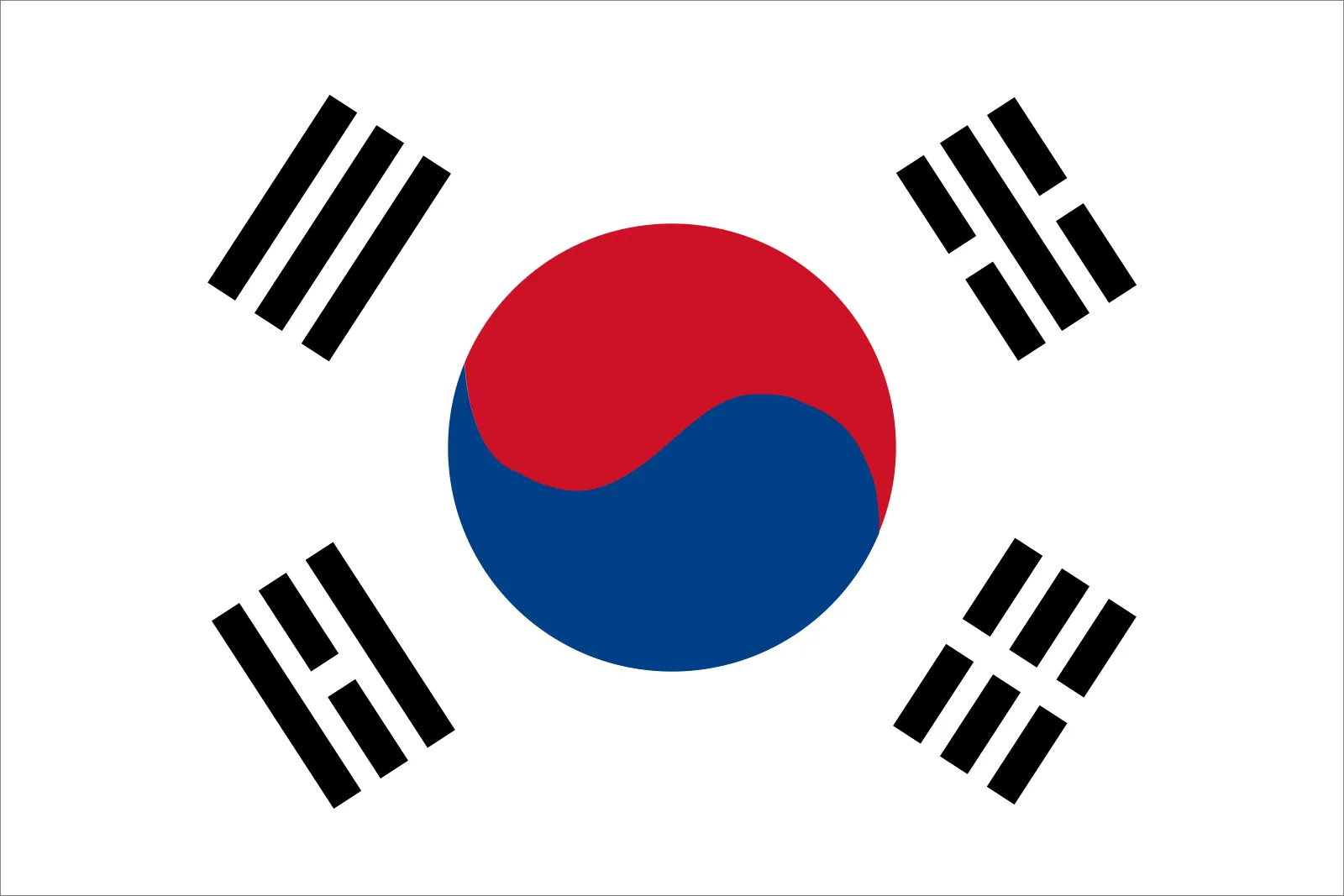South Korea recently announced amendments to its regulations on import food declaration and inspection, impacting the importation process for various food products. These changes aim to enhance food safety standards and streamline the importation procedures for better regulatory compliance.
What are the key modifications in the recent amendments?
The amendments include updates to the requirements for import food declaration, inspection procedures, and documentation. Importers are now required to provide more detailed information about the imported food products, including ingredients, manufacturing processes, and packaging materials.
How do these changes benefit importers and consumers?
By providing more comprehensive information, importers can ensure the safety and quality of the imported food products. This transparency also benefits consumers, as they can make more informed decisions about the products they purchase. The amendments aim to reduce the risk of foodborne illnesses and improve overall public health.
What are the implications for businesses importing food products into South Korea?
Businesses importing food products into South Korea need to familiarize themselves with the updated regulations to ensure compliance. Failure to meet the new requirements could result in delays in customs clearance or even rejection of the imported products. It is essential for importers to work closely with regulatory authorities to navigate the changes effectively.
How can importers adapt to the new regulations?
Importers can adapt to the new regulations by conducting thorough research on the updated requirements, updating their documentation processes, and maintaining open communication with regulatory agencies. Seeking guidance from legal and regulatory experts can also help businesses navigate the complexities of the amended regulations.
Overall, the recent amendments to South Korea's regulations on import food declaration and inspection reflect the country's commitment to ensuring food safety and quality. By staying informed and proactive, importers can successfully navigate the changes and continue to import food products into South Korea effectively.

